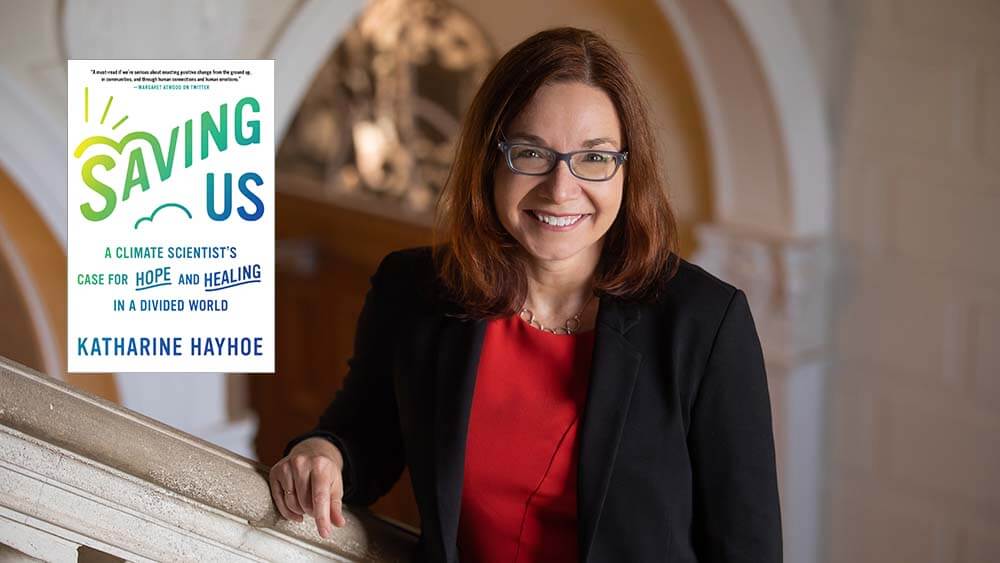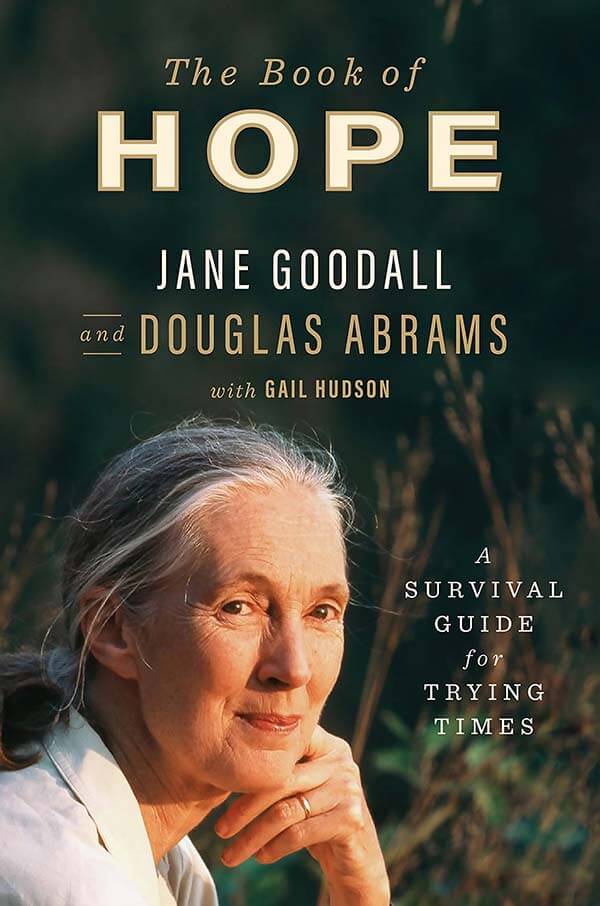
“Each one of us has a critical role to play,” writes Katharine Hayhoe in her book, Saving Us: A Climate Scientist’s Case for Hope and Healing in a Divided World.
Editor’s note: Renowned anthropologist Dr. Jane Goodall has said of the climate crisis, “What you do makes a difference, and you have to decide what kind of difference you want to make.” With that in mind, we are dedicating the November/December edition of Convene fully — our first single-topic issue — to the climate crisis, and what the business events industry is doing to address this global challenge. Find stories from the Climate Issue here, and read our cover story, “A ‘Watershed Moment’ for Events — and the World.”
“This year, perhaps more than any other, the world needs the [COP26] summit to hit the heights,” writes Katharine Viner, editor in chief of The Guardian. “We’ve had make-or-break moments before, when the climate movement has teetered at a COP. … But Glasgow 2021 feels even more do-or-die, because the climate emergency is more tantalizingly balanced between hope and despair than ever before.”
Despair could be a natural response given the severity of the climate crisis and the work and global collaboration necessary for the world to avert irreversible disaster.
But two new books urge us not to give up hope. While climate scientist Katharine Hayhoe paints a grim picture of climate change in Saving Us: A Climate Scientist’s Case for Hope and Healing in a Divided World, she also finds hope in the many people who are working together to turn it around — and the power each of us have to make a difference. In an interview in Greater Good Magazine, Hayhoe said:
“One of the biggest problems we face is solution aversion: We think the only solutions are negative, punitive, or harmful. In reality, nothing could be further from the truth. Real climate solutions benefit all of us — all, that is, except those whose quarterly returns depend on people continuing to use as much fossil fuels as possible.
“Each one of us has a critical role to play. … Whoever we are, we are all part of circles of influence, where we can use our voice to say, ‘What could we do, together, to make a difference?’”
 Also new: The Book of Hope: A Survival Guide for Trying Times by Jane Goodall and Douglas Abrams. In it, Goodall — the world’s foremost chimpanzee expert, UN Messenger of Peace, winner of the 2021 Templeton Prize, and activist through the Jane Goodall Institute and its many projects that help local communities and the environment — offers four reasons why she is hopeful about our ability to address the climate crisis and biodiversity loss:
Also new: The Book of Hope: A Survival Guide for Trying Times by Jane Goodall and Douglas Abrams. In it, Goodall — the world’s foremost chimpanzee expert, UN Messenger of Peace, winner of the 2021 Templeton Prize, and activist through the Jane Goodall Institute and its many projects that help local communities and the environment — offers four reasons why she is hopeful about our ability to address the climate crisis and biodiversity loss:
Our amazing human intellect — We need to lean into new innovations like renewable energy, regenerative farming and permaculture, and moving toward a plant-based diet.
The resilience of nature — In the book, Goodall tells stories of animals brought back from the brink of extinction.
The power of young people — Thirty years ago, a dozen Tanzanian students shared their concerns about live animal markets and poaching in national parks with Goodall, which led to the Jane Goodall Institute’s founding of youth organization Roots and Shoots, now active in 68 countries.
The indominable human spirit — Goodall has found in her 87 years of life on this planet that we possess the ability, individually and collectively, to overcome seemingly insurmountable challenges.
Michelle Russell is editor in chief of Convene.
